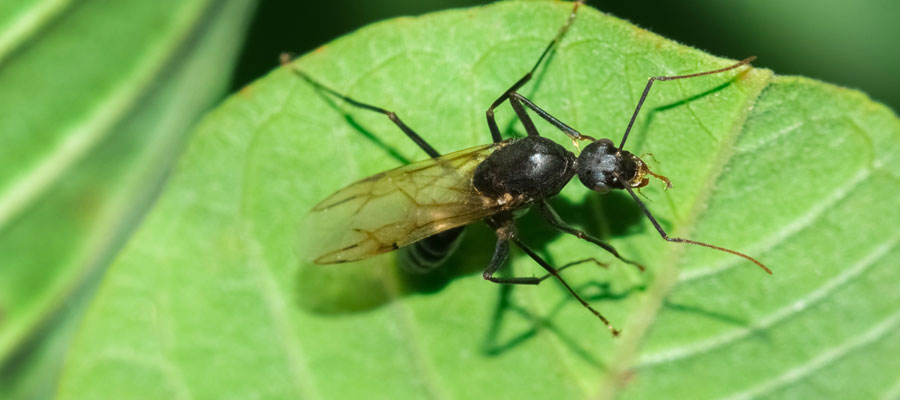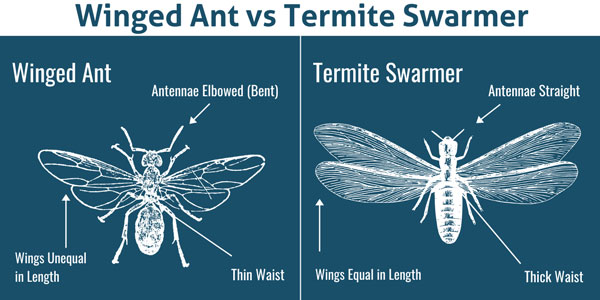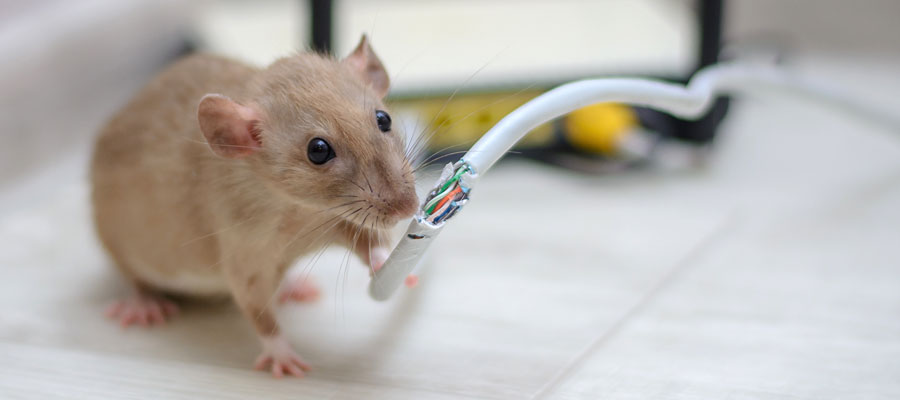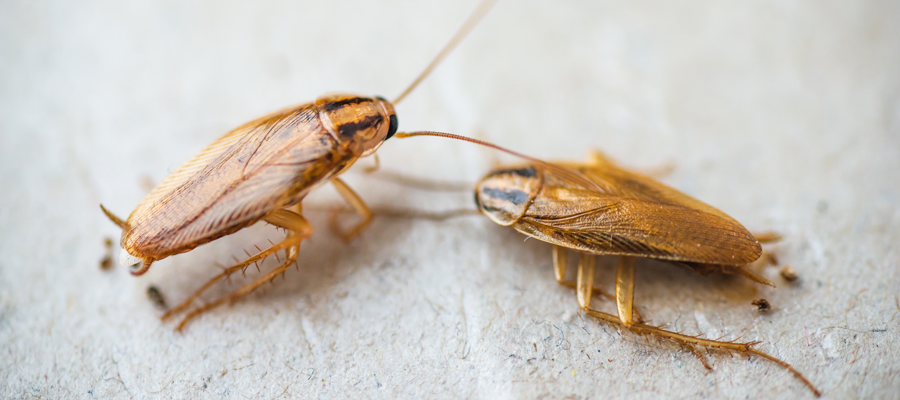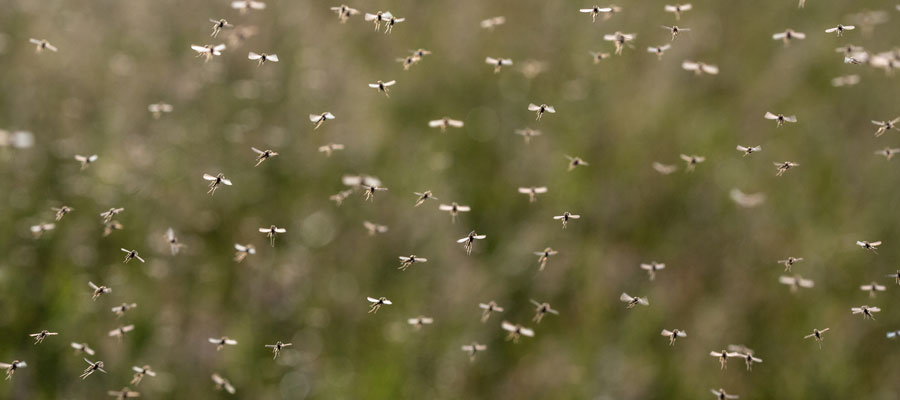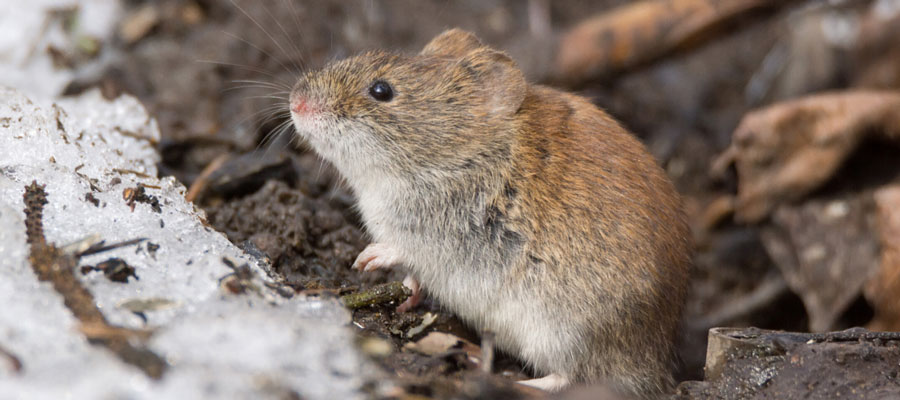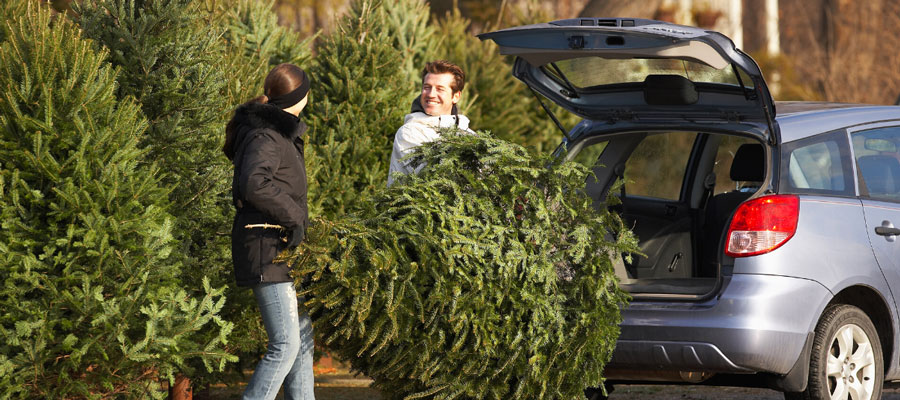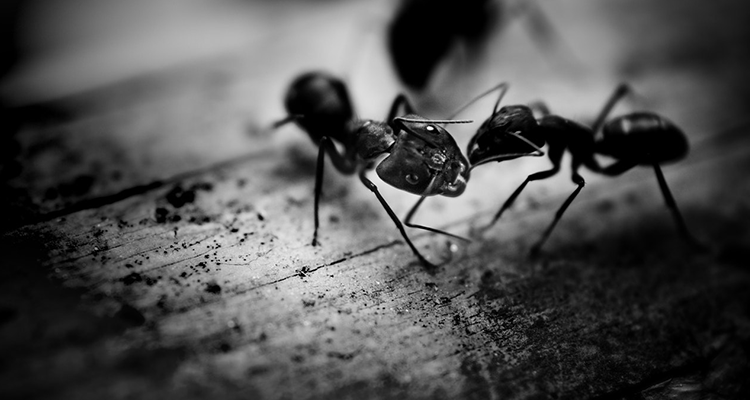If you live or work in the Des Moines area, you know that pest problems can be a year-round reality. Most of us welcome the spring season with open arms, but with warmer weather comes the resurgence of pests! With pest season only just starting, now is the time to protect your property against pests. Thankfully, most of us already have spring cleaning plans in place, making it easy to implement pest prevention at the same time! Read on for expert tips from the exterminators here at Springer Professional Home Services.
Springtime Pest Infestations
Although some of the below pests are active all year long, spring is the beginning of their most active season. The pests to be on the lookout for this time of year include:
- Ants. Warming temperatures encourage ants to start invading once more.
- Termites. It’s officially swarming season! Termite infestations tend to start around spring.
- Rodents. Although they’re active year-round, rats and mice are a problem in the spring.
- Stinging insects. Wasps and hornets are gearing up to build nests this time of year.
- Stink bugs. After overwintering, people report a resurgence in stink bugs.
Have a pest problem? We can help!
How Can You Prevent Spring Pests?
With spring here, now is the time to learn how to prevent pests in your property! One of the best ways to do so is to thoroughly clean your property. Our top tips for protecting your property include the following areas to focus on. Clean your windows and doors, and make sure there are no cracks or crevices. Deep-clean your carpets by vacuuming, shampooing, or steam-cleaning them. Thoroughly sanitize your kitchen with a focus on your floors and beneath your appliances. Crumbs and spilled liquids are a goldmine for bugs and other pests!
Outside, clean up debris from your yard, gutters, and overhangs. Make sure to trim back tree limbs and shrubs away from the foundation of your home to keep outdoor pests outdoors.
Preventing Pests in the Spring and All Year Long
Pest season is officially underway, making it important to stay aware of the ways you can prevent pests. Your best bet is always to team up with a professional pest control expert such as Springer. Our exterminators can work with you to customize a pest control plan suited to the unique needs of your home and property.


